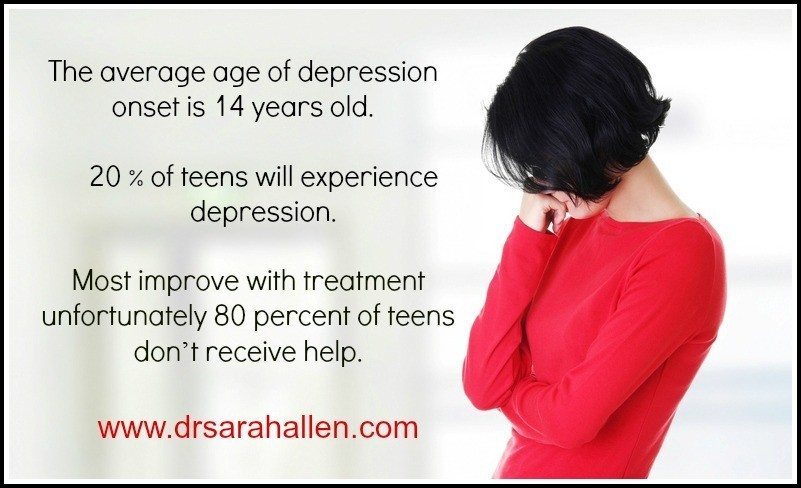
Humans are typically social beings and we are affected by our relationships with others. Arguing with the people close to us can really upset our equilibrium.
It is impossible to interact with others and not ever be irritated or opposed to what they are doing or saying. I am not suggesting that you should try to avoid conflict at all costs because pushing down our feelings to avoid upset isn’t a good strategy in the long run. It just leads to resentment and feelings of powerlessness. Instead, use these simple steps to argue effectively so both your needs get met and the issue is resolved.
Here are 3 Simple Steps to Remember When Dealing With Conflict.
Step 1. Stay Calm.
Before you try to discuss an issue make sure you are calm. If you are talking in an angry voice, being sarcastic or shouting, your listener is too busy defending themselves and probably getting angry right back at you to listen to what you are trying to say. Remember, we are not trying to beat them into submission with angry words, we want to get rid of the fight!
You have probably heard of the Fight or Flight response. When we get angry (or worry or become anxious) adrenaline floods though our body to gear us up to either run away or fight.
You might notice:
• An increase in heart rate
• Your breathing speeds up
• Muscles feel tense
• You feel hot and maybe sweaty
• Butterflies or muscle tensing in your stomach
• Very important * Your thoughts race so you can’t think straight
The way to reduce the effects of adrenaline by is taking a time out and do deep breathing. Basically, deep breathing and adrenaline can’t co-exist in the same body.
Remember no one can have a productive conversation when they are angry and worked up! Read more in depth info on staying calm here Need A Simple Way To Keep Calm?
Step 2. Listen & Be Heard
Talk in a way that the other person can really hear you otherwise you might just as well talk to the wall. Also, even though you might think you are in the right, be prepared to listen and compromise.
One of the most useful techniques I have found to aid communication is using a Talking Stick (or any object really, I typically use the Talking Pen because there is usually one nearby).
This is how it works. Person A goes first and they get to hold the talking stick. The person NOT holding the stick (Person B) is silent, must not interrupt and agrees to really listens to what Person A has to say. Because our attention spans aren’t very long I say stick to one point at a time about why you are upset.
You then give the Talking Stick to the listener (Person B) and they summarize what they just heard Person A say. If they have misunderstood what they are trying to convey, Person A takes back the stick and tries to say the point in another way. Person B then has the stick again and summarizes what they understood this time.
Continue this way until you are both agree what the initial talker has to say about what they feel the issue is.
A: When you are late home and don’t call me to let me know I worry that something has happened to you and feel angry that you don’t think I’m important enough to bother calling.
B: You want me to let you know where I am all the time and you worry when I am out of your sight.
A: No, I want you to call to let me know if you are running late when you know I am waiting for you as I don’t start other things or go out because I think you are going to be back any minute. When you are very late I start imagining you are in an accident.
B: When you are waiting for me and I am running late you would like me to call or text you so you can decide to do something else and not worry that something terrible has happened to me.
A: Yes.
Why is this step important? Arguments often go on and on, with no one listening to what the other is saying because we both want to be heard and the point gets lost. You can’t problem-solve if you don’t really understand the problem (we will get to why problem-solving is important in Step 3).
Next, once the issue has been clarified Person B holds the stick and responds to the point brought up by Person A with how they, themselves feel about the issue. You will then have identified the problem and how both people feel about the issue.
This example I used is of course very simplistic and easily solved by Person B texting when he is going to be more than 15 minutes late. Typically problems are more complex but by making sure you break down complex issues into no more than 1 or 2 points at a time (you can always come back to it and if you have used this calm way of doing it the idea of coming back won’t be so onerous) you can move on the most important part, problem-solving to move forward.
Step 3. Problem Solving
Most relationship arguments are variations of the same old problem and because people never come up with a specific agreement of how to resolve anything, the same problem comes up again and again in different guises.
So how do you problem solve? This technique is useful for relationship conflict but is also effective in working out a problem you might be wrestling with yourself.
First, identify the problem (see Step 2).
Second, brainstorm all the possible ways you could deal with the problem.
It doesn’t matter how silly a solution may sound, throw it in there, be creative and come up with as many experimental solutions you can between you. Next weed out the suggestions that neither of you are unwilling to try or are impractical. You will hopefully be left with 3 – 5 possible solutions.
Third, think of the likely outcome for each possible solution.
Here’s an example:
The Problem:
Both Suzy and Tom work outside of the home yet Suzy feels she has more responsibility for their children and is doing most of the chores inside the home too. This is making her tired, irritable and resentful. Tom argues he works longer hours and would love to see more of the kids but his weekend is taken up with the yard, house and running the kids around to sports activities.
The Issue:
Tom & Suzy both feel overwhelmed, too busy, tired and cranky.
Possible Solutions:
They could hire a housekeeper to come twice a week and landscaper for the yard.
They could cut back on the kids’ activities.
They could work less.
One of them could give up their job.
Tom could come home early to help more in the evenings.
They could order in a meal service.
The list could go on and on with many possibilities…..
Next rule out ones that definitely won’t work:
They could hire a housekeeper to come twice a week and landscaper for the yard. Can’t afford.
They could cut back on the kids’ activities.
One of them could give up their job. They can’t afford to and both enjoy their jobs.
Tom could come home early to help more in the evenings.
They could order in a meal service. Kids are too picky and cost is too much.
Write a list of who has what responsibility and see if one person is actually doing more than the other and divide up chores so more equal.
Then you are left with a small number of actual possibilities to try. Take one solution that you both agree on or two solutions (one choice from each person so it’s fair) test out how they work and then meet back to adjust if necessary.
The goal of using these 3 steps is to propose a better way to deal with something that isn’t working for you now. It will usually involve a compromise to get to a solution where you both feel you are winning in some way.
By tackling disagreements in a good way though you can get rid of the fight rather than beating down on your loved one until only you “win”. I love this quote below so much that I had it made into postcards to give my couples therapy and family counseling clients with the quote on the front and ways to argue well on the back. Let me know and you can come over to my office to pick up one of the postcards.

There are many other ways to improve relationships but these 3 simple steps can help you resolve conflict without one person feeling they have given in to the other which in the end breeds resentment.
The steps work well with couples but are also effective with conflict issues between family members too. It can be simplified so even young children can understand the concepts. They are particularly useful for resolving parent/teen arguments as everyone wants to be heard and for their needs to be met.
If you would like to come to see me to learn more ways to improve your relationships contact me at 847 791-7722 or via the contact form.

Parenting is tough and I am here to help you to be the parent you want to be. If you have any questions, or would like to set up an appointment to work with me, please contact me at 847 791-7722 or on the form below.
If you would like to read more about me and my areas of specialty, please visit Dr. Sarah Allen Bio. Dr. Allen’s professional license only allows her to work with clients who live in IL & FL & the UK and unfortunately does not allow her to give personalized advice via email to people who are not her clients.
Dr. Allen sees clients in person in her Northbrook, IL office or remotely via video or phone.

What Can I Read That Helps Me While I Am Waiting For My First Appointment With Sarah?
One issue that I find comes up again and again is how to handle discipline and arguments within the family. So I put together a booklet with some strategies I am always saying to my clients to help them begin to improve their relationship with their child and reduce the amount of shouting, arguing and tantrums that can occur. I hope that you will find it helpful too.








